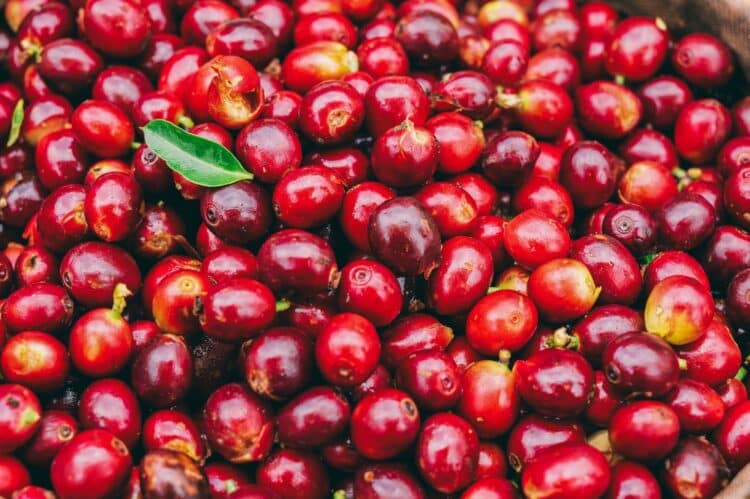The Fijian Minister for Agriculture and Waterways, Vatimi Rayalu, has pledged to revitalize the country’s struggling coffee and cocoa industries, aiming to boost the national economy and create more job opportunities for Fijians.
Rayalu’s vision for the agricultural sector is focused on developing the entire value chain of coffee and cocoa production, shifting the focus from mere farming to the full spectrum of agricultural development, including planting, processing, and exporting. This approach, he says, is crucial for growing the economy, supporting rural development, and fostering job creation.
The Fijian coffee industry, although relatively small, is gaining momentum, thanks in part to various government initiatives and the efforts of businesses like Bula Coffee, which was founded by New Zealander Luke Fryett in 2011. The country’s diverse climate allows for the growth of different coffee varieties, many of which are found growing naturally in the wild. Rayalu believes that these untapped resources can be harnessed to establish a sustainable and thriving coffee sector.
“We are no longer just talking about farming, we’re focusing on the full value chain, from planting right up to processing,” Rayalu emphasized. This strategy is designed to ensure that Fiji’s agricultural industries are not left vulnerable to the cyclical ups and downs that often affect primary production. By focusing on the entire value chain, the country can increase its agricultural output, create more jobs, and stimulate long-term economic growth.
The government, through the Ministry of Agriculture and Waterways, is working to encourage both local and foreign investors to establish agro-processing facilities in Fiji. These initiatives are essential in attracting investment and creating opportunities for processing locally grown crops, which could significantly reduce the country’s reliance on imports and create added value to local products.
Rayalu also highlighted specific regions that have been identified as having strong potential for expanding coffee and cocoa production. In particular, the northern parts of Fiji, such as Cakaudrove and Taveuni, are well-known for their coffee-growing capabilities. The government is also exploring areas like Bua, which shows promise for cocoa and tea production. These regions, combined with government support, are poised to play a key role in the expansion of Fiji’s agricultural industry.
A key development in the government’s strategy is the planting of 300 acres of cocoa in Nasautoka, Wainibuka. This initiative marks the beginning of a comprehensive and sustainable approach to developing Fiji’s cocoa industry. Rayalu is confident that these efforts will pave the way for a prosperous and stable cocoa market, much like what is being envisioned for coffee.
While the coffee and cocoa industries have faced challenges in the past, Rayalu argues that they can no longer depend solely on primary production. Without focusing on processing and other value-added activities, Fiji will continue to face the same challenges that have plagued its agricultural sectors. The goal is to ensure that the country’s farmers are empowered and supported to engage in all stages of the value chain, making agriculture a more business-oriented and sustainable industry.
By treating agriculture as a business and promoting the value-added aspects of production, Rayalu and his team are working to create a model where agriculture is a driver of economic growth, providing more job opportunities and contributing significantly to the nation’s prosperity. Through these efforts, Fiji is positioning itself to become a key player in the global coffee and cocoa markets while boosting its rural development and ensuring long-term sustainability for its agricultural industries.

